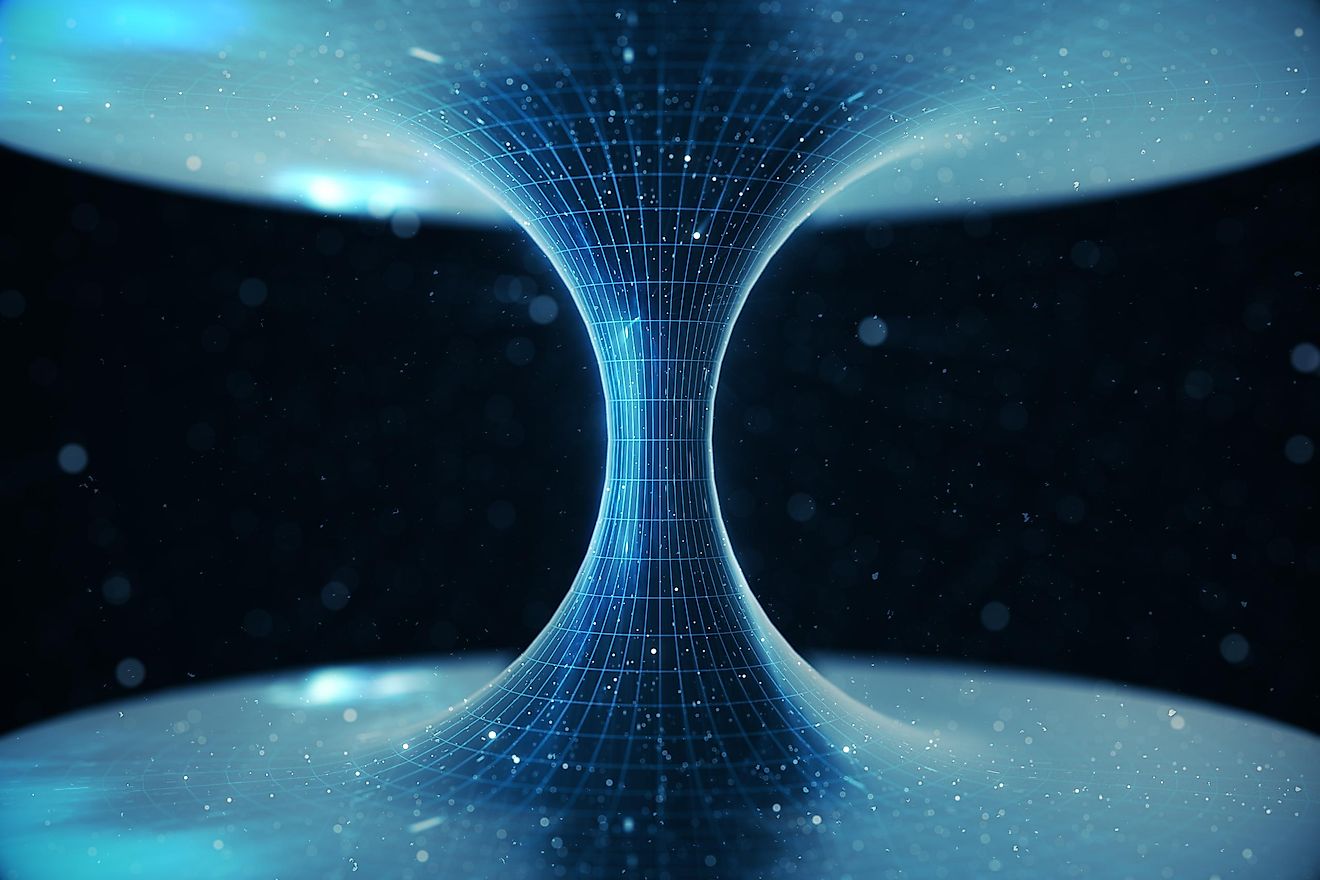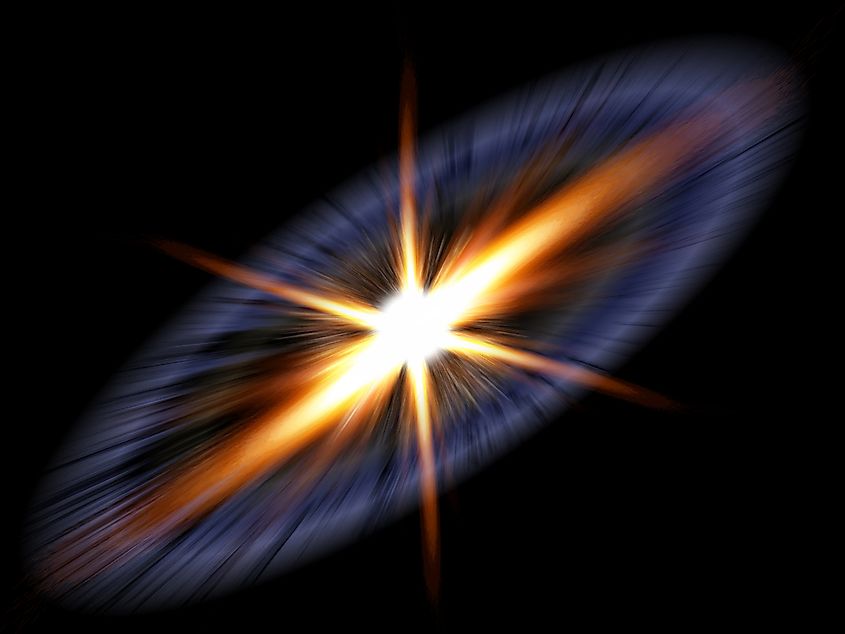
- The universe is still expanding, 13.8 billion years ago from the Big Bang, so technically speaking – there are no borders.
- One fact that is hard to forget is the one that suggests how the resources of our universe are finite. Our Sun, once it spends all the hydrogen will turn into a red giant and grow so big its size will reach Earth and beyond.
- The observable universe spans a 93 billion light-years diameter if we take Earth as a central point of measurement.
Infinity is something that is equally hard to deconstruct. When we talk about the size (and time!) of the universe we live in, we are faced with the same problems. Where does the universe end, and does it actually have an end?
Understanding Our Time-Space (Dis)Continuum
First of all, from the current dominant cosmological theories – yes, our cosmos indeed does have an expiration date. There are many theories that tackle the ideas that explain the end of the universe. If you want to put things into perspective, that is not something humankind will ever witness, at least not on this planet or this universe.
If, and this is a big ‘’if’’, we find another place to live, one that is far away from our Sun (who is going to die in 5 to 7.5 billion years from now), then we might have a chance to witness the collapse of one universe and the potential creation of others. The Big Rip theory, for example, suggests how in 22 billion years, this universe will rip itself apart because the overall gravity potential will not be able to hold off the expansion power of the universe.
Is the Universe Expanding Forever?
The Big Rip theory, despite the fact that it is explaining the end of time and space as we know it, tells us something super critical about the nature of the universe. This one feature makes it almost impossible to know where space ends. You guessed it – it is expansion. From the day that all the dense matter blew up (do not worry if you do not remember this event, the Big Bang was 13.8 billion years ago), the universe started expanding.

As stars, planets, and galaxies were formed, they immediately started moving. From where you might ask? Well, obviously – from the center of the explosion. The problem lies in the fact that we do not know where the center is, and if there was a center in the first place. However, the fact we mentioned remains unquestionable – the galaxies are moving away from each other.
Observable Vs. Unobservable Universe
We know all of this because we can observe space phenomena and interactions between such massive space formations from Earth. This is the second crucial thing to understand if you want to address the idea of space and its borders. The telescopes we use are limited as to how far they allow us to see.
Currently, modern-day telescopes allow us to see the universe that surrounds us within a 93 billion light-year diameter. Whenever you hear someone saying that is how big the universe is, he or she is just referring to the area we can see. This is known as the observable universe: Earth is a center point, and we can see galaxies 46.5 billion light-years away, in any direction we look at.
However, what lies beyond the galaxies we can not see? Is there another universe that makes all of the multiverse theories plausible? Or, is there nothing beyond the final expansion point we currently can not even see? It is hard to tell because all of this raises an indefinite number of questions that try to organize the cosmic chaos we are stuck in. The idea of how there is nothing beyond comes down to an almost religious, and a moral one, as humans have an equally hard time dealing with the notion of ‘’nothing-ness’’ the same way the can not wrap their heads around ‘’infinity.’’


 Users Today : 166
Users Today : 166 Total views : 464719
Total views : 464719